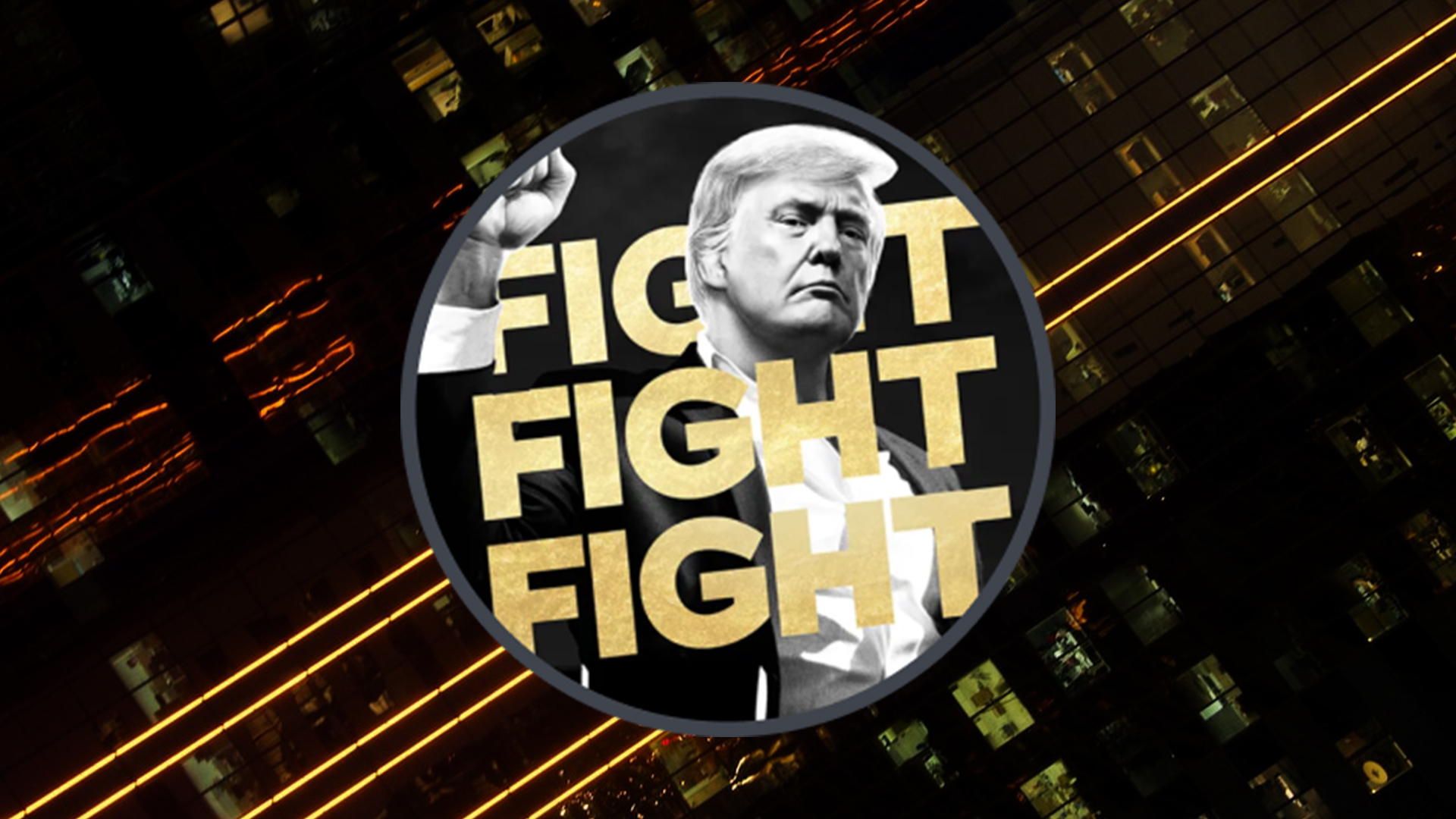In recent months, crypto casinos in the USA have captured significant attention as digital gambling platforms gain traction among tech-savvy Americans. These online casinos, which allow betting with cryptocurrencies like Bitcoin and Ethereum, are reshaping the gambling landscape. Based primarily in offshore jurisdictions, they cater to U.S. players despite a complex legal framework. This surge comes as of early 2023, driven by growing crypto adoption and demand for anonymous, fast transactions. Why is this happening now? Experts point to evolving technology and a push for decentralized finance as key factors.
The Rise of Crypto Casinos in the USA
Crypto casinos have exploded in popularity across the United States, offering an alternative to traditional online gambling. Unlike conventional platforms, these casinos use blockchain technology for transparency and speed in transactions. By January 2023, industry estimates suggest over 5 million Americans have engaged with such platforms, drawn by lower fees and privacy features.
Many operate from regions like Curacao or Malta, sidestepping strict U.S. federal laws on online gambling. This offshore model raises questions about player protection and legality. Still, the appeal of instant withdrawals and provably fair games keeps users coming back.
Regulatory Challenges Facing Crypto Casinos USA
The legal status of crypto casinos in the USA remains murky, creating hurdles for operators and players alike. Federal laws, including the Unlawful Internet Gambling Enforcement Act of 2006, prohibit certain online betting activities. However, cryptocurrencies add a layer of complexity since they fall outside traditional financial oversight.
According to industry analyst Sarah Thompson, “The lack of clear regulations around crypto casinos creates a gray area that both innovators and regulators struggle to navigate.” Some states like New Jersey and Nevada are exploring frameworks for digital asset gambling. Yet, without federal clarity, risks of enforcement actions loom large.
Key regulatory concerns include:
– Potential for money laundering via anonymous transactions.
– Absence of consumer protections compared to licensed casinos.
– Tax implications for winnings paid in cryptocurrency.
Impact on Players and the Gambling Industry
For American gamblers, crypto casinos offer unique benefits but also significant risks. The anonymity of blockchain transactions appeals to those wary of sharing personal data. Additionally, market data shows transaction fees can be up to 50% lower than credit card payments at traditional casinos.
However, the lack of oversight means limited recourse if funds are lost or platforms shut down unexpectedly. “Players must do their due diligence before engaging with these sites,” warns gaming consultant Mark Reynolds. Meanwhile, traditional casinos face pressure to innovate or risk losing market share to these digital disruptors.
The broader industry is also adapting, with some major operators testing crypto payment options. This shift could redefine how gambling revenue—estimated at $60 billion annually in the U.S.—is generated and taxed. Stakeholders are watching closely as digital currencies challenge established norms.
Future Outlook for Crypto Casinos in America
The trajectory of crypto casinos in the USA hinges on technological advancements and regulatory developments. Blockchain innovations could further enhance security and fairness, potentially swaying public and legislative opinion. If federal guidelines emerge by 2024, as some predict, mainstream adoption might accelerate.
On the flip side, stricter laws could push these platforms further underground, increasing risks for users. Balancing innovation with consumer safety remains a core challenge. As Thompson notes, “Regulators must adapt to this new reality without stifling growth or driving it out of reach.”
This topic sparks debate among policymakers, with some advocating for outright bans while others see economic potential in regulated crypto gambling. Both sides agree that inaction is no longer viable given the sector’s rapid expansion. The coming years will likely shape whether crypto casinos become a legitimate fixture or remain a niche, controversial trend.
In conclusion, crypto casinos in the USA stand at a crossroads of opportunity and uncertainty. Their rise reflects broader trends in cryptocurrency adoption and digital finance. Yet, unresolved legal questions and risks to players temper enthusiasm. As technology evolves and discussions continue, the future of this emerging industry will depend on finding a sustainable path forward.
Frequently Asked Questions (FAQ)
What are crypto casinos?
Crypto casinos are online gambling platforms that accept cryptocurrencies like Bitcoin for betting. They often use blockchain for transparency and operate from offshore locations.
Are crypto casinos legal in the USA?
Their legality is unclear due to federal and state laws on online gambling. Many operate in a gray area, often based outside U.S. jurisdiction.
Why are crypto casinos popular in the USA?
They offer anonymity, lower fees, and faster transactions compared to traditional casinos. Their appeal lies in privacy and innovative technology.
What risks do players face with crypto casinos?
Risks include lack of regulation, potential scams, and no legal recourse if issues arise. Players must research platforms thoroughly before participating.
Will the U.S. regulate crypto casinos soon?
While some states are exploring frameworks, federal regulation remains uncertain. Experts anticipate possible guidelines within the next few years.




